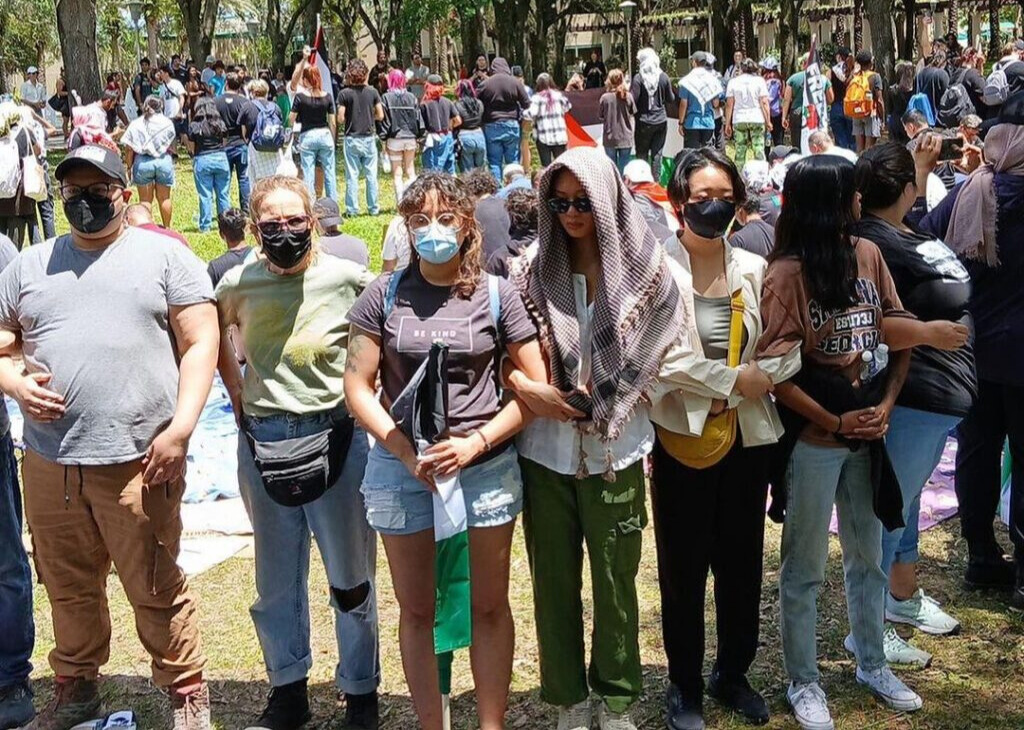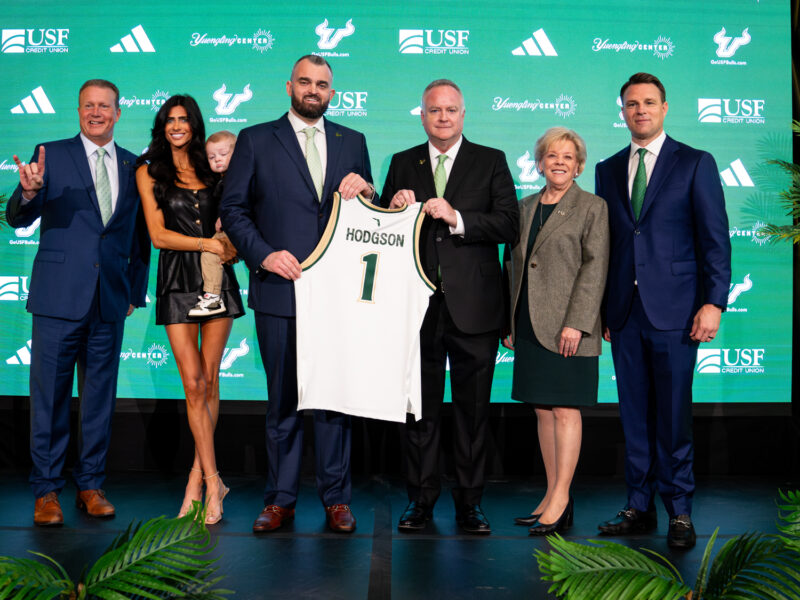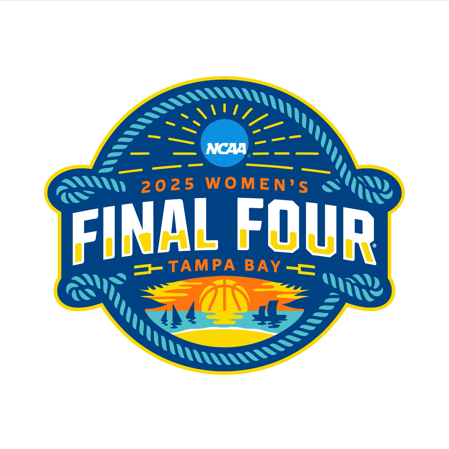Image courtesy of tampabaysds on Instagram
By Riley Benson
Significant changes have been made to the University of South Florida’s campus activities policy following pro-Palestine demonstrations and encampments in April on the Tampa campus.
When comparing the latest version of the Activities, Signage, and Use of Public Space Policy, to a previous copy from 2023, many sections of the policy have been greatly expanded to state what is and isn’t allowed at on-campus events in public or reservable spaces.
The first section, “Policy & Intent,” was almost entirely rewritten, with the most significant addition being the statement, “The university balances [the right to freely express ideas in Public Spaces] by applying content neutral limitations on Activities based on time, place, and manner. Because no policy can cover all factual situations, the University reserves the right to determine how to apply and interpret all time, place, and manner limitations on Activities.”
Essentially, the university states that, ultimately, it has the right to decide what events are violating this policy and it is able to decide how to assess any violations.
In the “Applicability & Authority” section, this idea is further cemented.
Originally, two sentences long, this third section is now over five paragraphs long, with the key takeaway being the statement, “The President, or designee, has the authority to take appropriate action if there are reasonable grounds to believe an Activity presents an imminent threat to the health, safety, welfare, or operation of campus.”
The section originally ended at page six, but not the policy has been extended to include a new section titled “Conduct and Parameters for Activities and the use of Space.”
This section defines commercial and non-commercial activity in more extended detail than the original. While there are statements that have been present in both versions, like “Activities must not disrupt the University’s mission or business,” it added the line “Nothing in this policy is intended to infringe on the rights of individuals to engage in lawful free expression.”
The rest of the information defined in the policy gives standard information about chalking, advertising, distributing flyers, overnight events and signage. All of these currently have no significant modifications.
During the pro-Palestine protests and encampment last spring semester, the office of the President sent an email out to students stating that while the protests were allowed, they would not “tolerate violent, disruptive or aggressive acts by protestors.”
They also later claimed, in the same email, that “Police and university staff also observed protesters bringing in wooden shields, umbrellas, and tents. The protesters then locked arms, raised the shields and umbrellas, and communicated their intent to refuse to leave. USF Police determined that these actions were a dangerous escalation and that the protest was no longer peaceful.”
Last semester, organizations like, USF Divest Coalition and SDS Tampa Bay, organized the pro-Palestine hunger strike, protests and encampment in an effort to get USF to divest from Israel-linked organizations.
The encampment made headlines, along with similar encampments at universities across the country, as some attendees, including students, were arrested, shot at with rubber bullets and tear gassed.
“Students should have the ability to express their beliefs and not fear being punished for it or being silenced by the institution that is supposed to teach the values which elicit students to want to fight for causes like Palestine in the first place,” said a member of SDS Tampa Bay.
Since the events of last April, SDS has now been expelled as an organization from USF as well as organization member Victoria Hinckley along with member Joesph Charry being suspended.
“The university cannot claim to be a champion for free speech when they are actively repressing student voices and went as far as to use police violence against their own students and the community back in the spring,” they continued.
Recently, SDS attempted to hold another rally on the Tampa campus to bring light the situation with Hinckley and Charry, but were immediately stopped by administration, and were told that “if any other Pro-Palestine events occurred on campus whether related to SDS or not would be treated as SDS and given conduct charges or trespassed like community members,” according to the SDS member The Crow’s Nest spoke with.
However, USF spoke to WFLA News and stated that due to SDS’ expelled status as an organization, they were unable to protest, stating “if any other organization had followed processes, they would have been allowed to hold their event.”



